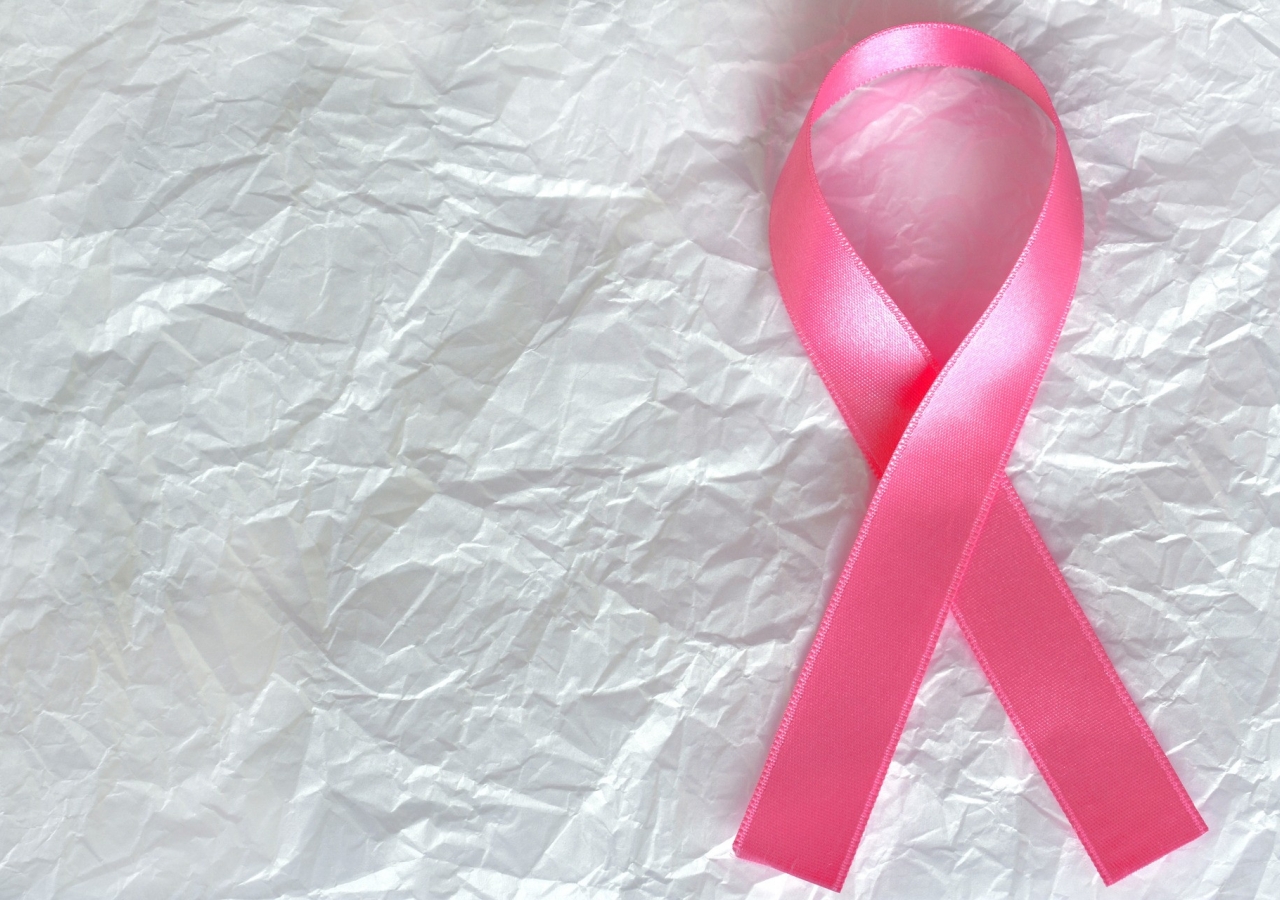Breast cancer is a disease in which abnormal breast cells grow out of control and form tumours.
If left unchecked, the tumours can spread throughout the body and become fatal.
Breast cancer is one of the most common cancers among women worldwide. In 2022, there were 2.3 million women diagnosed with breast cancer and 670 000 deaths globally. Breast cancer occurs in every country of the World in women at any age after puberty but with increasing rates in later life.
Most people will not experience any symptoms when the cancer is still early, hence the importance of early detection. Regular screening, ultrasounds, mammograms and monthly self- checking are essential tools to decrease the risk of developing breast cancer and in some cases preventing the risk of disease.
Female gender is the strongest breast cancer risk factor. Approximately 99% of breast cancers occur in women. Certain factors increase the risk of breast cancer including increasing age, lack of regular exercise, obesity, harmful use of alcohol, family history of breast cancer, history of radiation exposure, reproductive history (such as age that menstrual periods began and age at first pregnancy), tobacco use and postmenopausal hormone therapy. Family history of breast cancer increases the risk of this type of cancer, but most women diagnosed with breast cancer do not have a known family history of the disease. Lack of a known family history does not necessarily mean that a woman is at reduced risk.
Other high risk factors have an emotional and psychological basis: unresolved emotions and intense stress for prolonged time periods. There are studies that proved the emotional roots of breast cancer in many cases. Emotions related to the perception of failure to live up to one’s own expectations of motherhood, lack of self-fulfilment, resentment, as well as sudden death or separation from a loved one. Stress is also an imminent risk factor with a documented negative impact on the immune system.
There is no guaranteed way to prevent breast cancer; however research indicates that nutrition and lifestyle choices can play a significant role in lowering the chances.
A diet rich in antioxidants can help protect the cells from damage. A variety of fresh fruits and vegetables; broccoli, kale and other cruciferous greens are hugely beneficial combined with healthy fats, omega-3 rich lean proteins, whole grain fibres, limited processed foods, limited sugar, regular consistent exercise, meditation, self-awareness and working on unresolved emotions, are all key factors in giving your body the support it needs to prevent and combat the disease.
As the month of Breast Cancer Awareness draws near, please join Women’s Activities and the Portfolio for Health on October 12th, for a Seminar, question/answer and Check-up camp.
Let us join hands, build awareness, and take steps to treat our bodies with the care it deserves!
Sources:
World Health Organization: https://www.who.int/news-room/fact-sheets/detail/breast- cancer#:~:text=Breast%20cancer%20is%20a%20disease
https://www.sciencedirect.com/science/article/pii/S2095496421001059 National Library of Medicine: https://www.ncbi.nlm.nih.gov/pmc/articles/PMC5808262/







